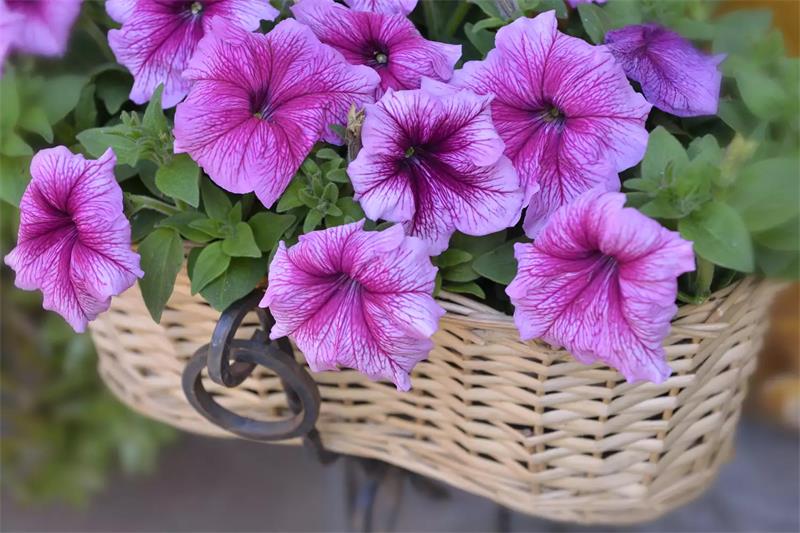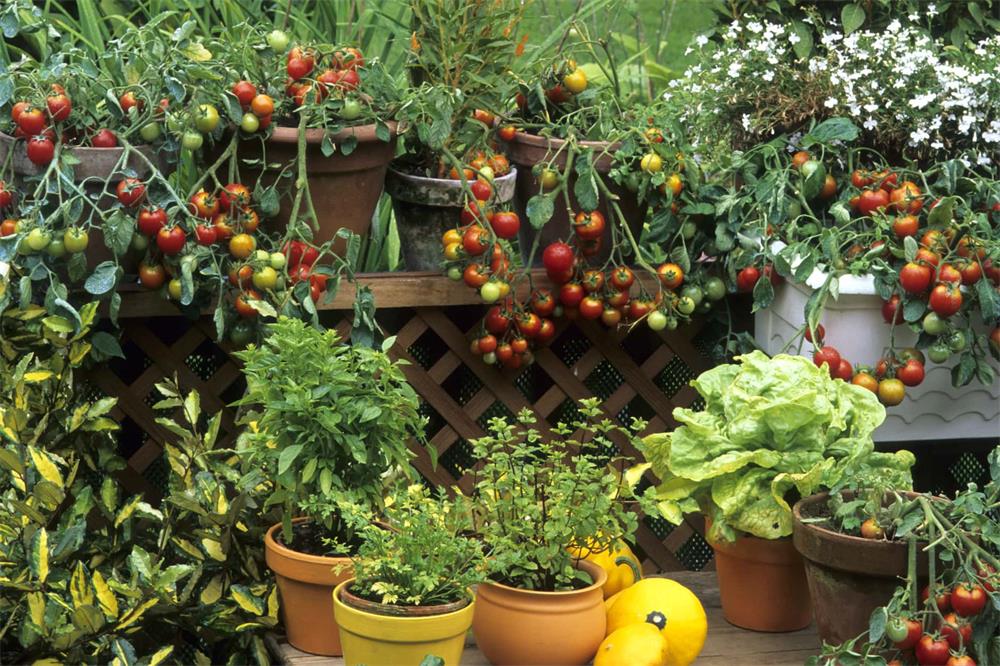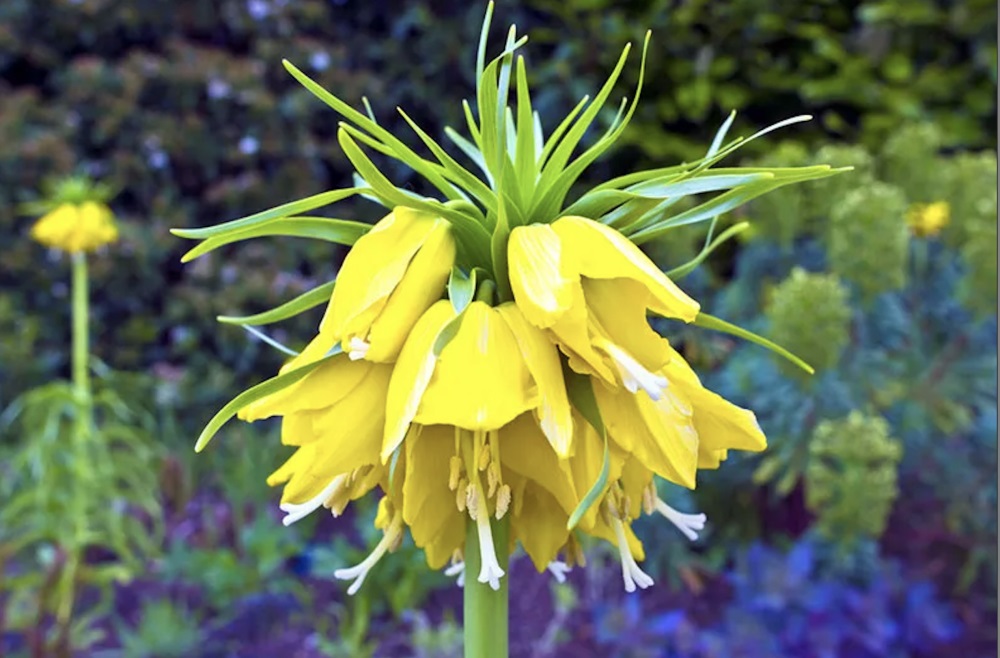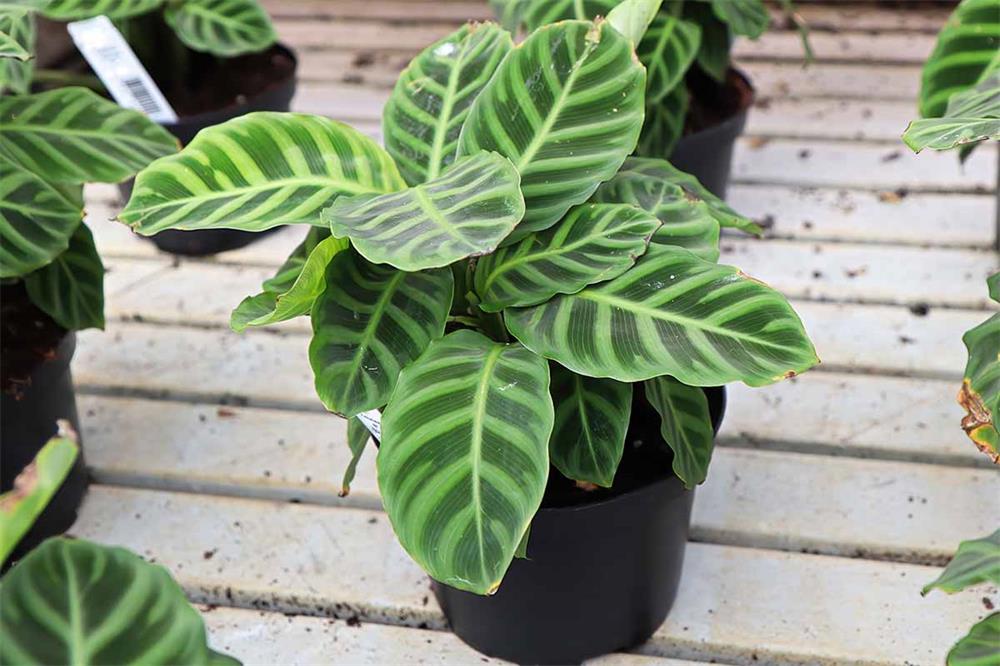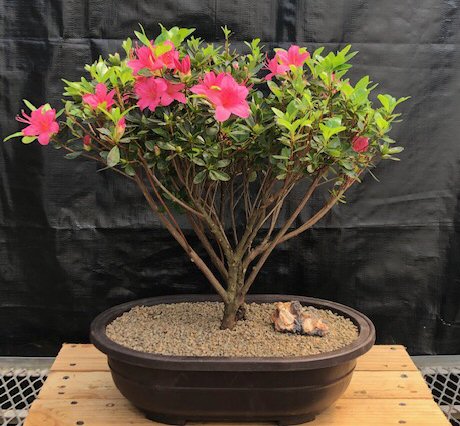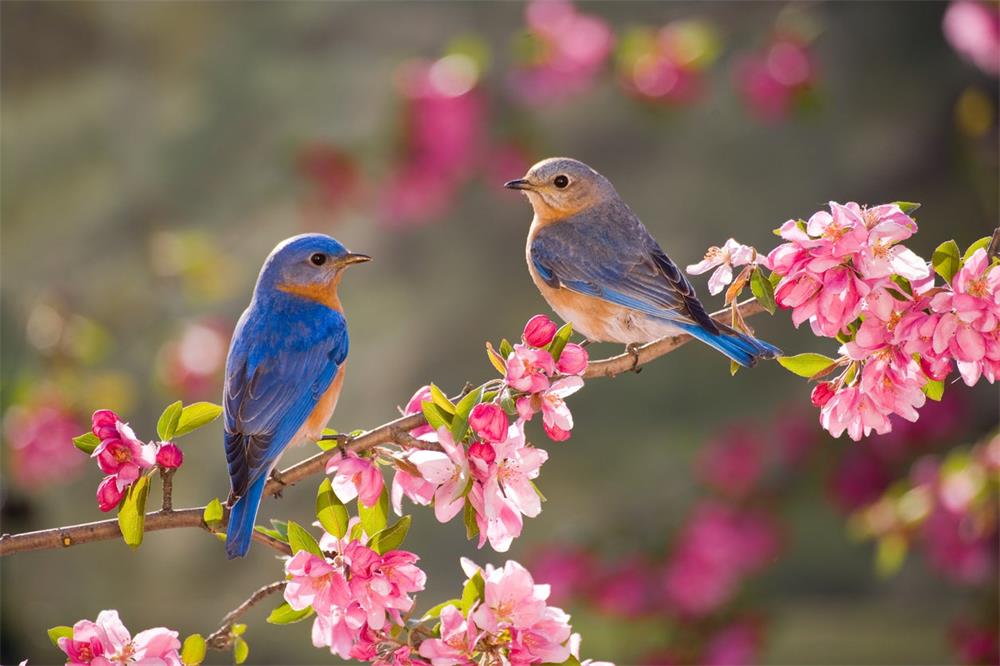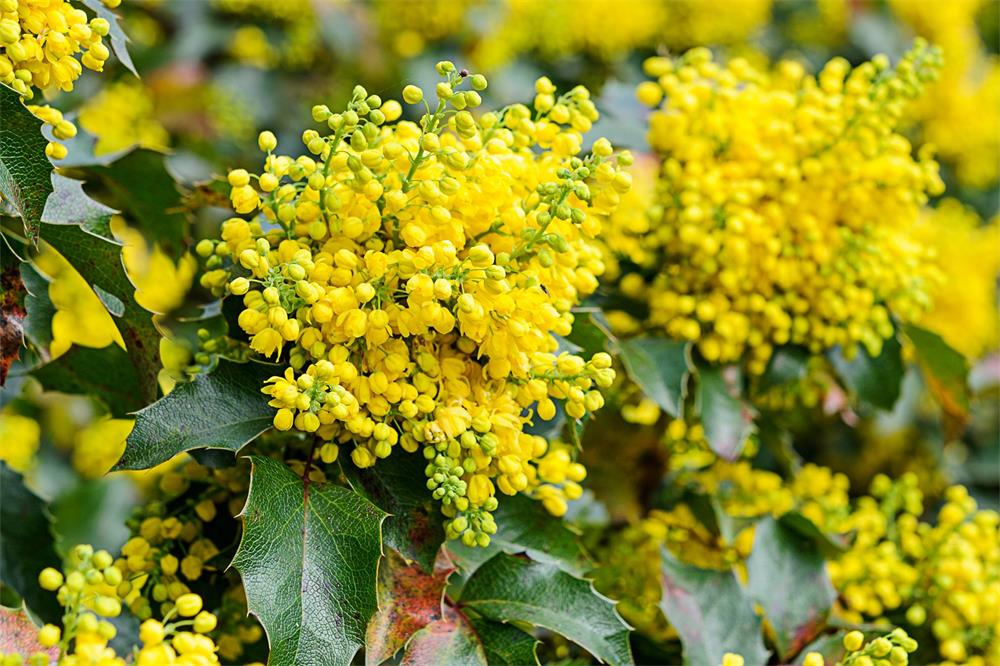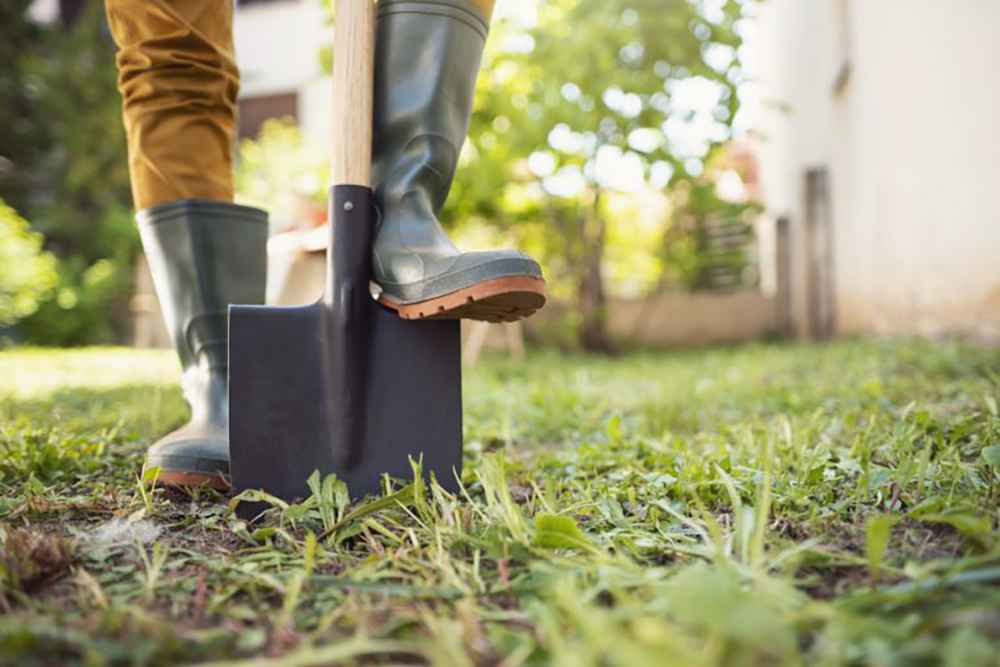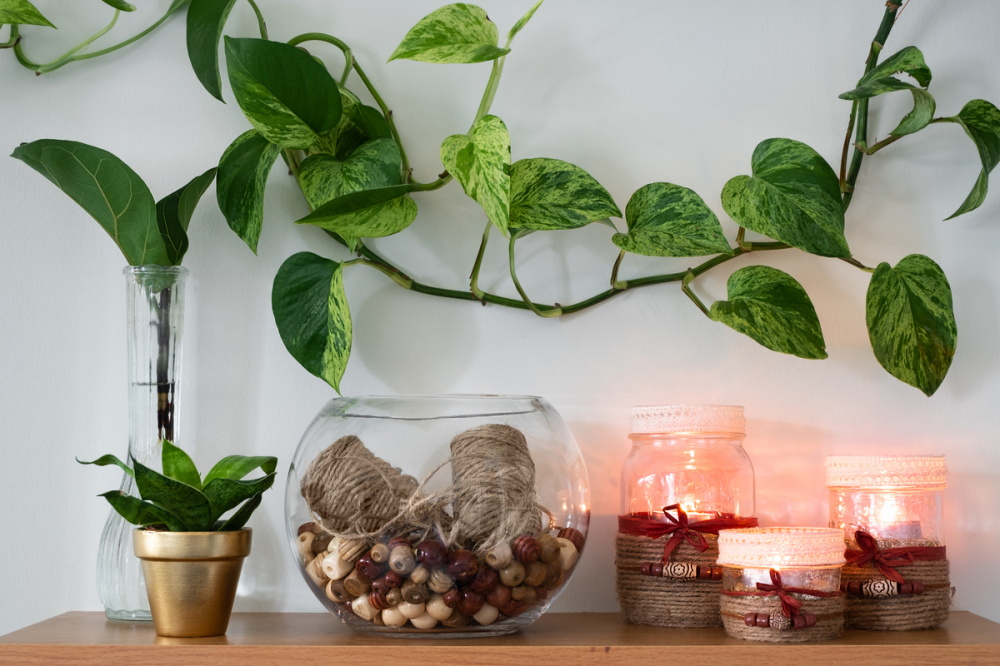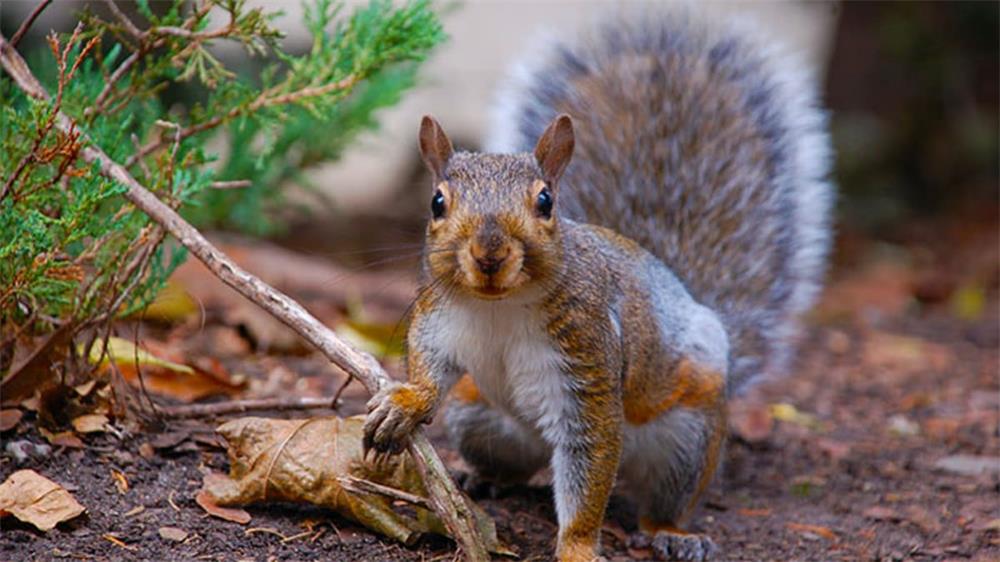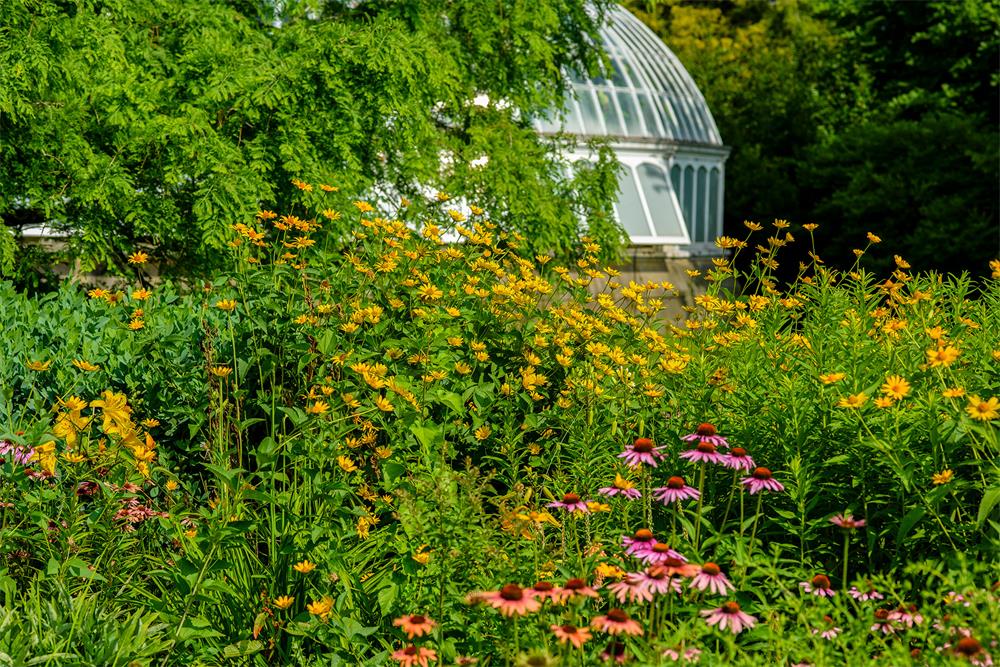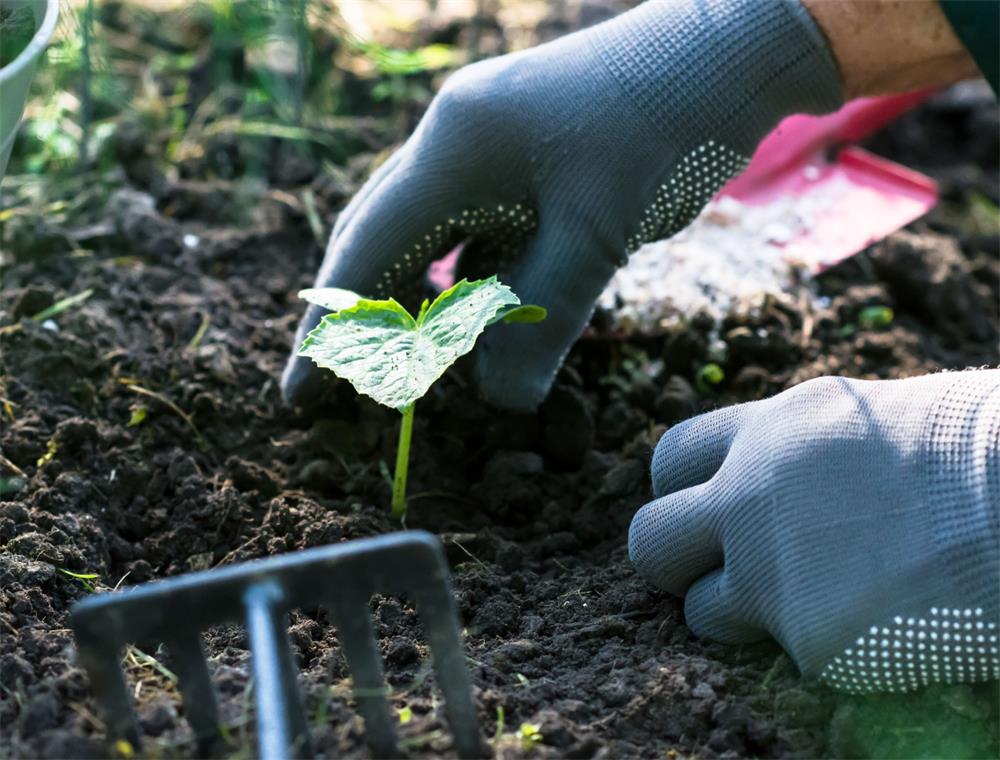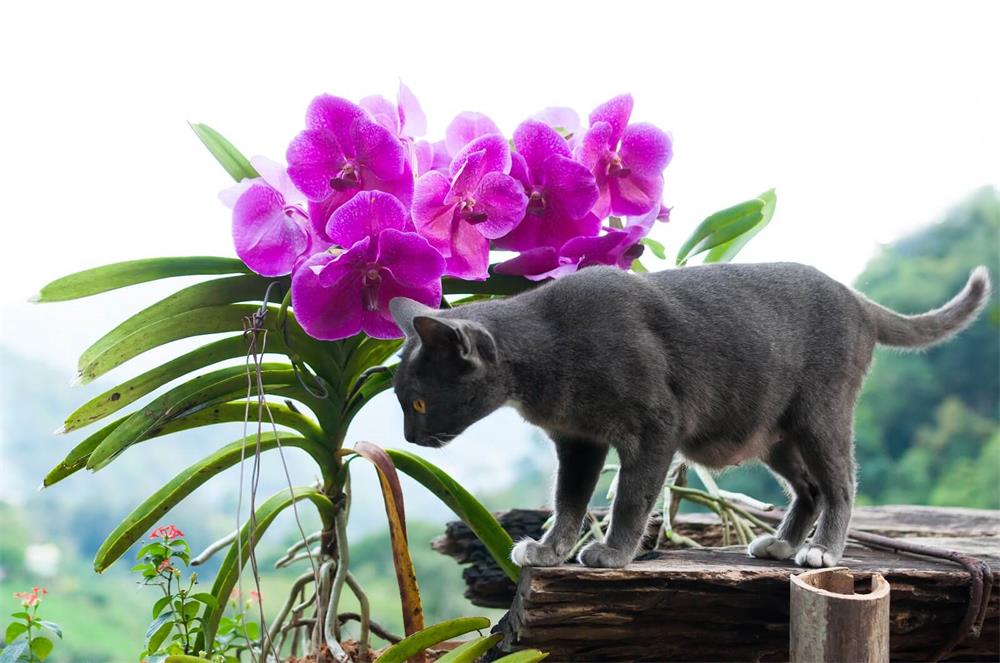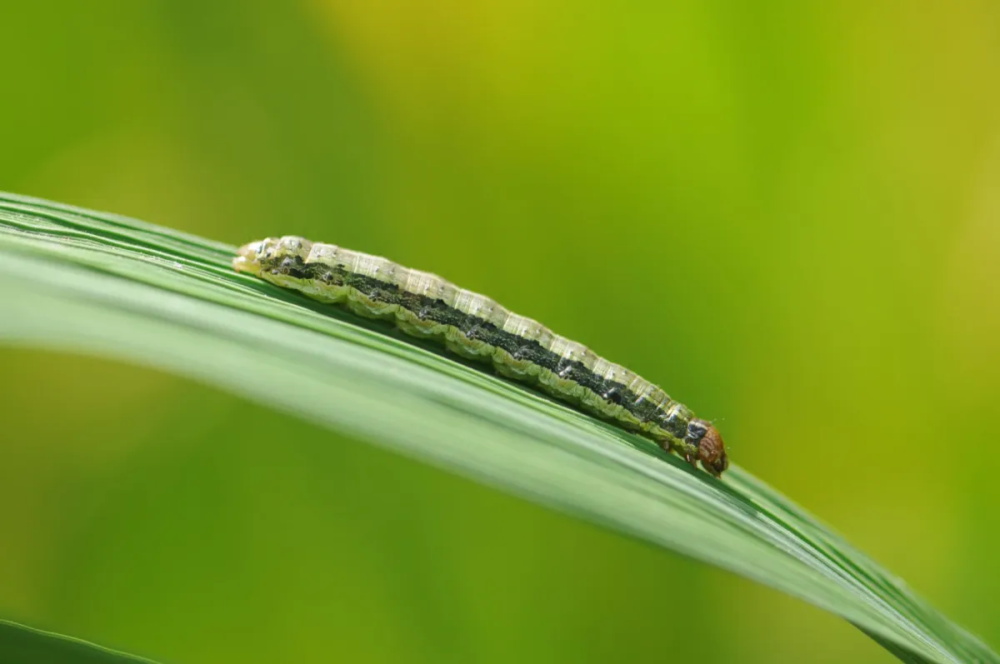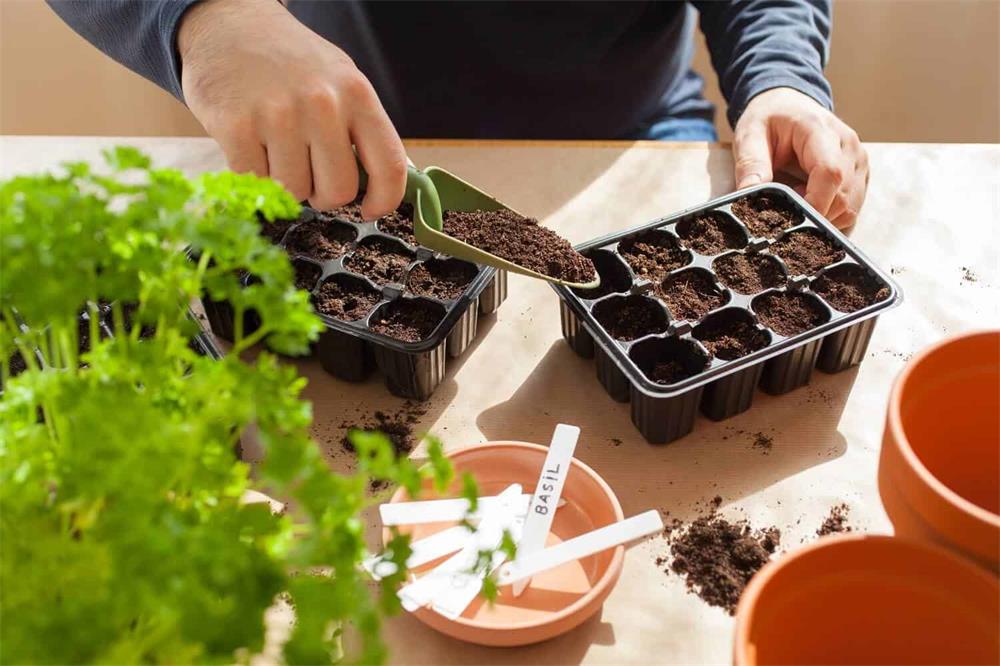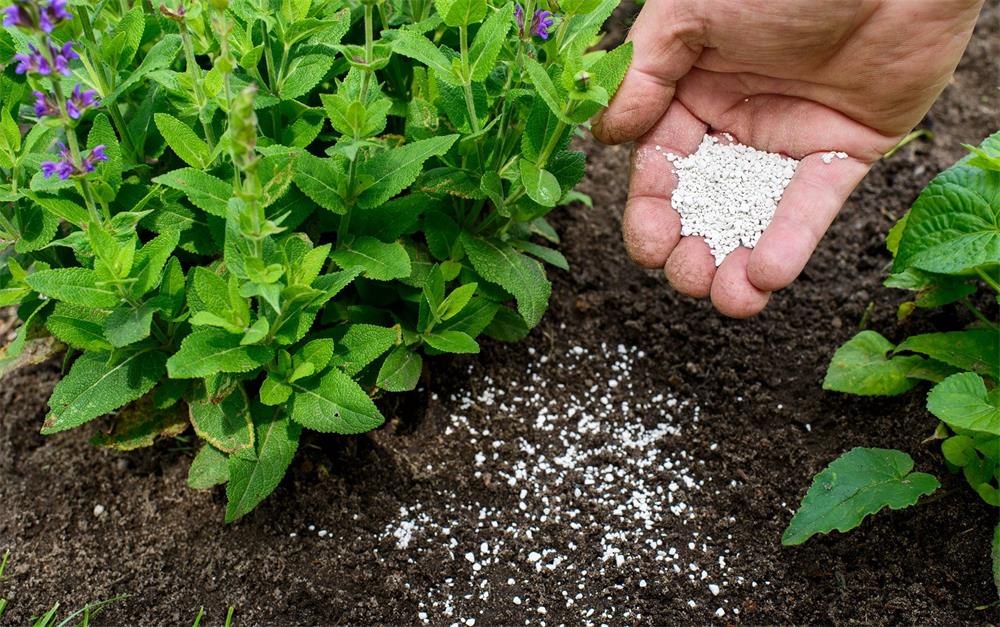
Manure is one of the oldest and most widely used organic fertilizers for vegetable gardens. It comes from the waste products of animals, such as cows, horses, chickens, sheep, goats, llamas, and rabbits. Manure can provide many benefits to the soil and the plants, such as improving soil texture and structure, increasing soil organic matter and water retention, and supplying nutrients and microorganisms.
However, manure also has some drawbacks and risks that need to be considered before applying it to your vegetable garden. Manure can contain harmful pathogens, such as E. coli and Salmonella, that can contaminate your crops and cause foodborne illnesses. Manure can also contain weed seeds, antibiotics, hormones, heavy metals, and salts that can affect plant growth and health.
To use manure safely and effectively in your vegetable garden, you need to follow some best practices and precautions. Here are some tips to help you get the most out of manure without compromising your health or the environment:
- Choose the right type of manure for your garden. Different types of manure have different nutrient contents, pH levels, moisture levels, and odors. Generally, manure from herbivorous animals is better than manure from carnivorous animals or pets. Poultry manure is the richest in nitrogen, but also the most likely to burn plants if not composted properly. Cow manure is moderate in nutrients and easy to handle. Horse manure is low in nutrients but high in weed seeds. Sheep and goat manure are similar to poultry manure but less concentrated¹. Llama and alpaca manure are low in odor and high in organic matter. Rabbit manure is mild and can be used fresh or composted.
- Compost your manure before using it. Composting is a process that involves mixing organic materials with water, air, and microorganisms to break them down into a stable and humus-like substance. Composting can kill most of the pathogens and weed seeds in manure, as well as reduce odor and volume. Composting can be done through hot or cold methods. Hot composting involves turning the pile frequently to maintain high temperatures (between 130°F and 160°F) for several weeks. Cold composting involves letting the pile sit for several months without turning. Hot composting is faster and more effective at killing pathogens and weed seeds than cold composting.
- Apply your composted manure at the right time and rate. The best time to apply composted manure to your vegetable garden is in the fall or early spring before planting. This allows enough time for the nutrients to become available to the plants and for any remaining pathogens to die off. The rate of application depends on the type of manure, the type of crop, and the soil condition. A general rule of thumb is to apply 20 to 40 pounds of composted manure per 100 square feet of garden area. You can also use a soil test kit to determine the nutrient needs of your soil and adjust accordingly.
- Incorporate your composted manure into the soil. After spreading your composted manure evenly over your garden area, you should mix it well with the top 6 to 12 inches of soil using a shovel, rake, hoe, or tiller. This will help distribute the nutrients throughout the soil profile and prevent runoff or leaching of nutrients into water sources.
- Follow good hygiene practices when handling manure. Manure can still pose some health risks even after composting, so you should always wear gloves, boots, eye protection, and a mask when handling it. You should also wash your hands thoroughly with soap and water after handling manure or working in your garden. You should also wash your tools and equipment with water and bleach after use. You should also avoid eating or drinking while working with manure or in your garden



